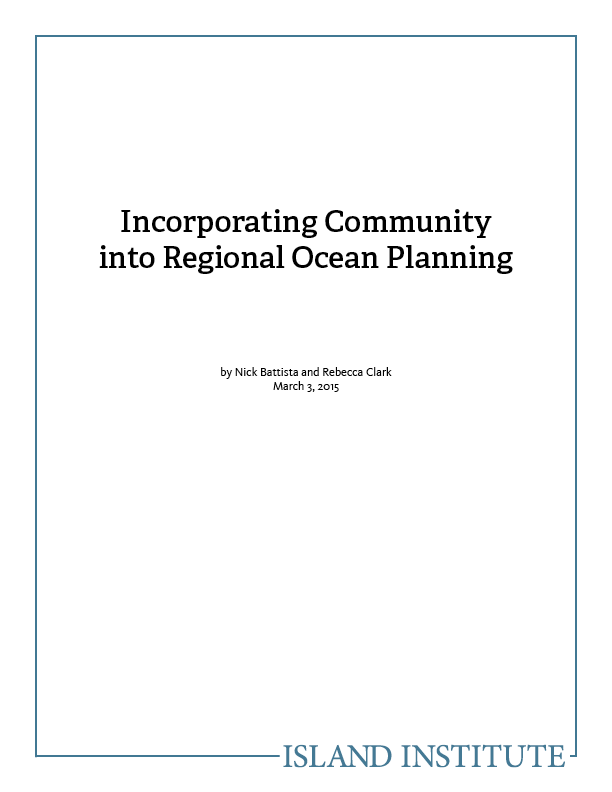New England’s working waterfront communities have strong economic and cultural ties to the ocean. The economic health of these communities relies on having a healthy ocean and coastal ecosystem. Changes in the marine environment and how humans are using it impact these communities.
The existence of many fishing communities can be tied to the ability to fish in a particular area. The loss of that ability can mean the decline or disappearance of an entire community. The specific places in the ocean that these communities rely on are determined in part by the size of their boats, the species being sought, fishing pressure from other communities, and government regulations. Many fishermen are only able to fish in a relatively small part of the region. If it is not carefully undertaken, ocean planning has the potential to cause tangible economic and cultural impacts to these communities, particularly the smaller and more remote communities. The potential for these impacts can create fear and suspicion about ocean planning among those most impacted within these communities.
Ensuring that the plan includes concrete ways of addressing these fears will help create a more cooperative and collaborative process. A plan that helps ensure the existence of these communities and gives them more control over their own future is more likely to last. Fortunately, in New England, there is still time to include a few key data layers and provisions in the regional ocean plan that will support these communities and help make better informed decisions about changing ocean uses.
